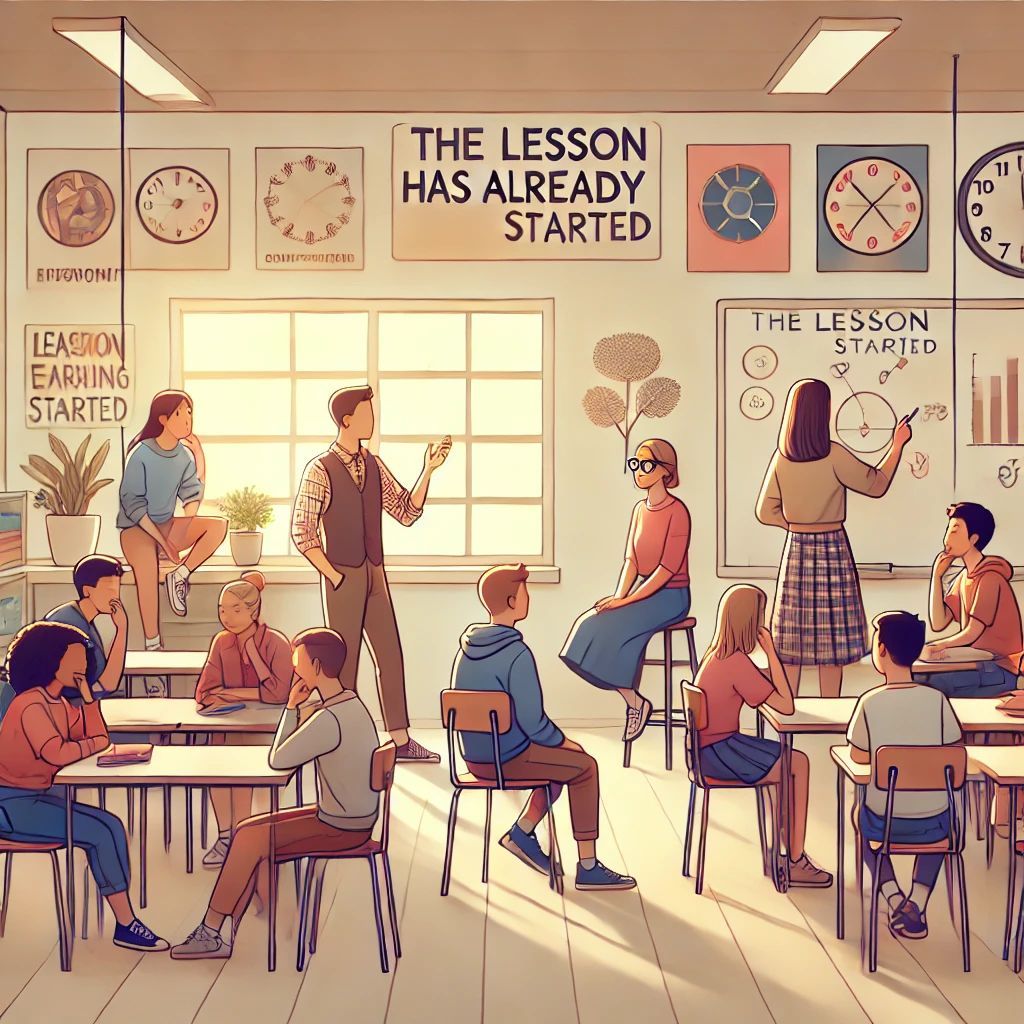Maintaining Work-Life Balance as Educators ~ Strategies for Success

Maintaining Work-Life Balance as Educators: Strategies for Success
Dear EduLert readers,
As educators, we often find ourselves navigating the delicate balance between our professional responsibilities and personal lives. In this blog post, I aim to explore various strategies and provide practical tips to maintain a healthy work-life balance. Your thoughts and experiences are invaluable, so I warmly invite you to share your comments and views at the end.
Understanding the Importance of Work-Life Balance
Why is it crucial?
- Mental and Physical Health: A good balance prevents burnout, reduces stress, and promotes overall well-being.
- Professional Effectiveness: It leads to higher productivity, creativity, and a positive attitude towards work.
- Personal Fulfilment: Balancing work and personal life allows for personal growth, relationship nurturing, and pursuing hobbies.
Strategies for Achieving Work-Life Balance
1. Set Clear Boundaries
- Define your work hours: Stick to a specific start and end time.
- Create a dedicated workspace: Separate your professional and personal spaces.
2. Prioritise and Organise
- Prioritise tasks: Focus on what's most important and urgent.
- Use planning tools: Utilise calendars and to-do lists to manage your time effectively.
3. Embrace the Power of 'No'
- Learn to decline: Politely refuse additional responsibilities that interfere with your balance.
4. Self-Care and Mindfulness
- Practice self-care: Engage in activities that relax and rejuvenate you.
- Mindfulness and reflection: Regularly assess your work-life balance and make necessary adjustments.
5. Leverage Technology Wisely
- Use technology to your advantage: Employ tools that streamline your work.
- Avoid digital overload: Limit time spent on emails and digital communication outside work hours.
6. Engage in Professional Development
- Continuous learning: Attend workshops or online courses to enhance efficiency and skillset.
- Seek mentorship: Gain insights from experienced colleagues.
7. Foster a Supportive Network
- Build relationships: Connect with other educators to share experiences and solutions.
- Family and friends: Ensure they understand your work demands and support your balance efforts.
Tips and Tricks for Educators
- Automate repetitive tasks: Use software tools to handle grading or administrative tasks.
- Delegate when possible: Share responsibilities with colleagues or assistants.
- Regular breaks: Short breaks throughout the day can increase focus and reduce fatigue.
- Stay active: Incorporate physical activities into your routine to boost energy levels.
- Mindful transitions: Take a moment to transition between work and personal life, perhaps through a short walk or meditation.
Invitation for EduLert Readers
Your experiences and insights as educators are invaluable in enriching this discussion.
How do you manage your work-life balance?
What challenges have you faced, and what solutions have you found effective?
Please share your comments and views below.
Together, we can support each other in achieving a fulfilling and sustainable balance between our professional and personal lives.
Looking forward to your contributions and insights,
Carl Halford
Principal & Executive CEO, Winford International
This blog post integrates wisdom from sources like "The Chimp Paradox" and "The Bible on Leadership" into the context of self-development and leadership in the field of education. By focusing on strategies that resonate with our profession, we can enhance our career skills while maintaining a balance that fosters both personal growth and professional excellence.














































































































